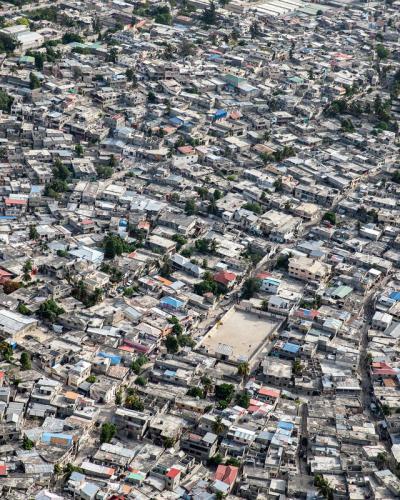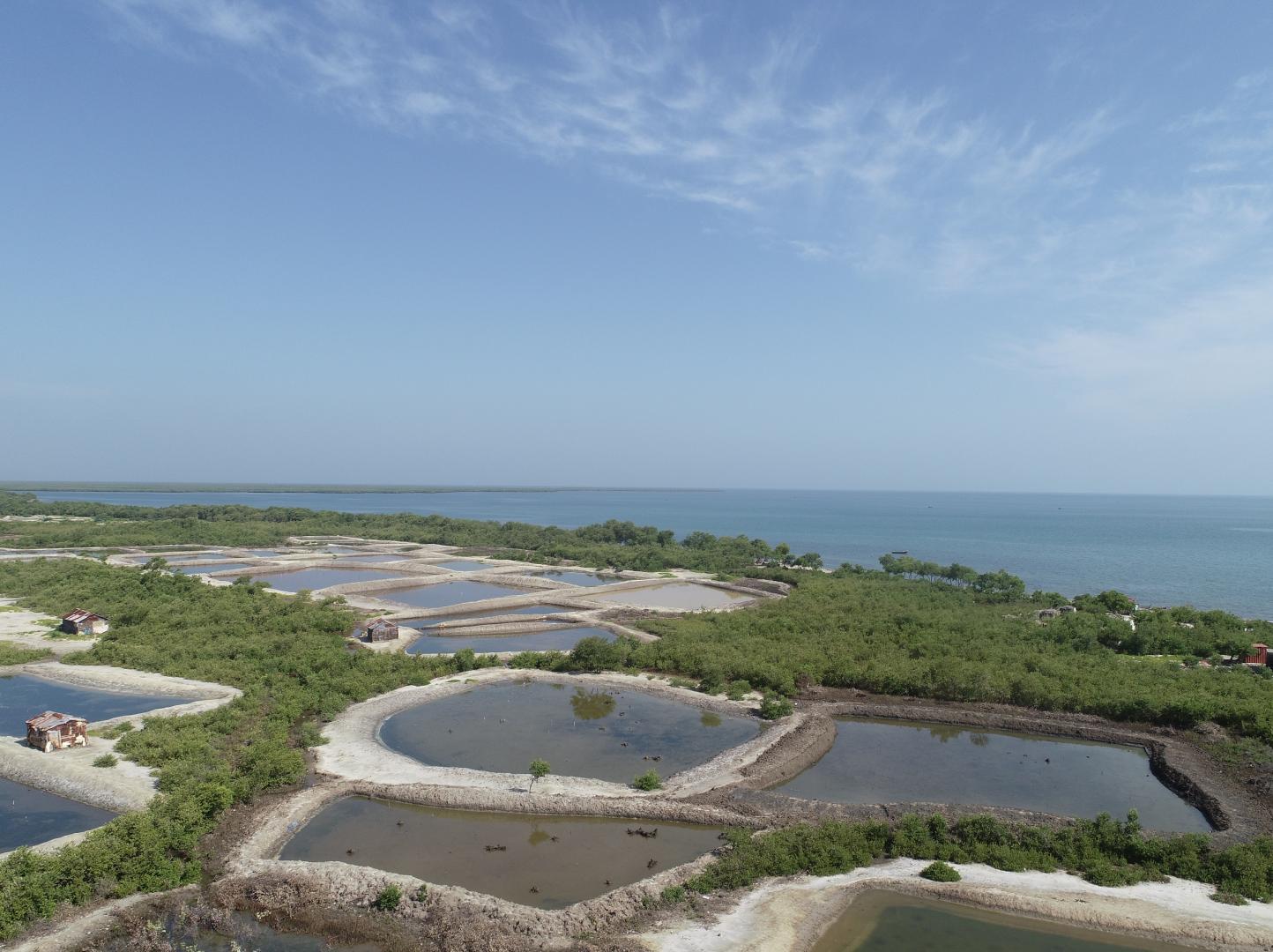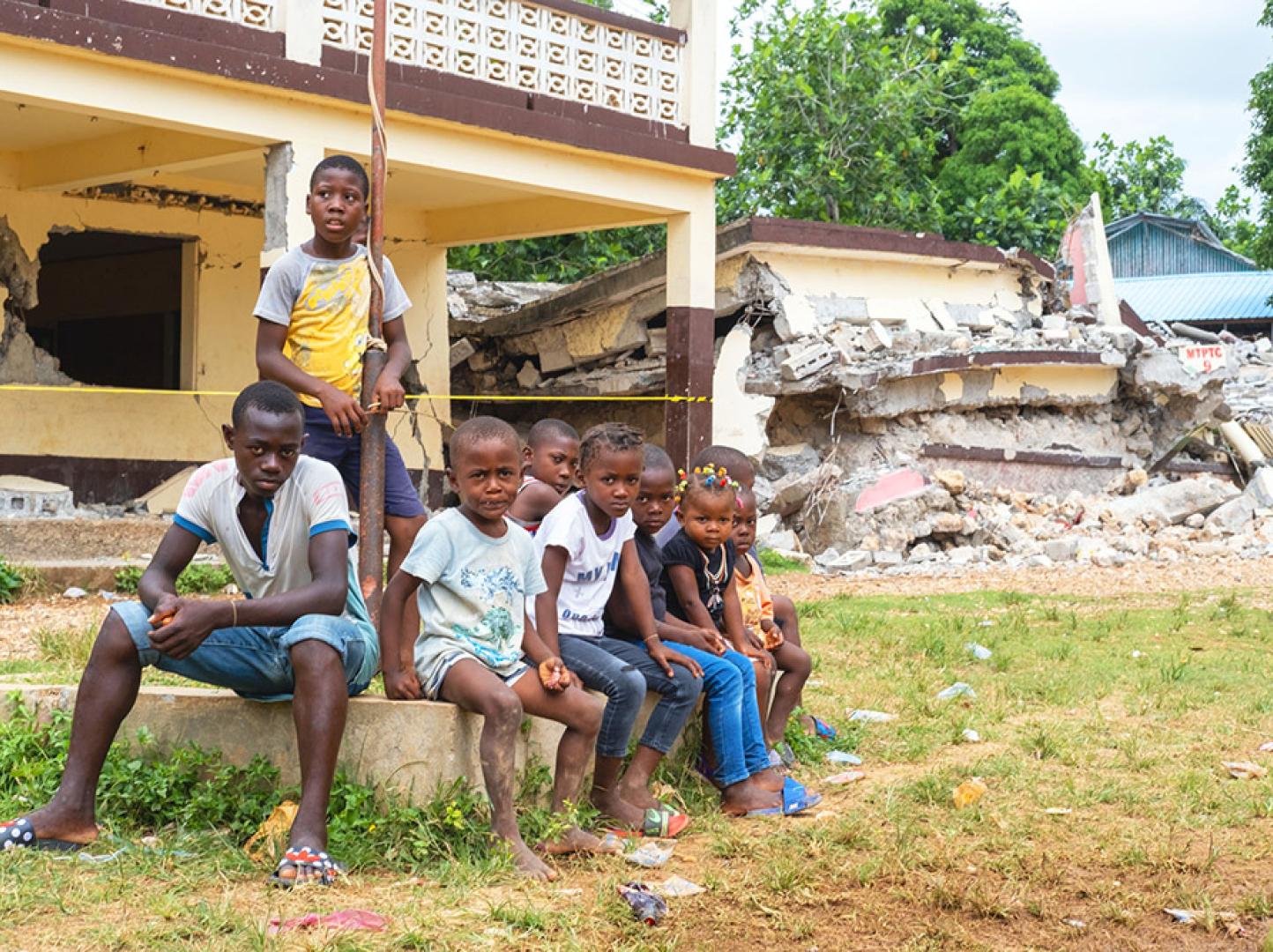Haiti: Impact of the deteriorating security situation on humanitarian access: Background note - July 2022

1. Introduction
Since June 2021, violent clashes between armed gangs have dominated socio-economic life in the Port-au-Prince metropolitan area, spreading fear and terror among the population. The security situation has deteriorated significantly and reached new levels since the end of April 2022, seriously affecting the operational environment for humanitarian actors and hindering their ability to carry out life-saving assistance.
The purpose of this document is to raise awareness and provide an overview of the current state of humanitarian access across Haiti and its impact on the population, as well as on humanitarian services provided. Key demands and recommendations are presented at the end of the document.
2. Background
Non-formal armed structures have occupied parts of Haiti for more than 20 years. Consequently, these territories, on the fringes of society and the state, have developed into sociologically and culturally autonomous spaces with their own dynamics. Fuelled by political, economic and security interests, gangs have extended their control, especially in the capital. Haiti’s access working group estimates that up to 200 gangs have emerged in Haiti with over 3,000 “soldiers”. Around a hundred of them are located in the metropolitan area of Port-au-Prince. Some 40 gangs are of high caliber, the remaining are mostly small bases spread across the capital and the country.
Between 2018 and 2019, the political crisis, rising cost of living and allegations of poor governance led to major social movements that culminated in the crisis of ‘Peyi Lòk’ (“closed country” in Haitian Creole), between September and November 2019. Insecurity and road blockages limited access to essential goods and services, including fuel, electricity, water, food, but also oxygen and medical supplies for health facilities, putting people's lives at risk. After 15 years of peacekeeping, the United Nations Mission for Justice Support in Haiti (MINUJUSTH) completed its mandate on 15 October 2019. MINUJUSTH, which began its operations in October 2017, was preceded by a larger and more robust mission, the United Nations Stabilization Mission in Haiti (MINUSTAH), deployed in June 2004. Following the end of the MINUJUSTH, a special political mission, established by the Security Council in its resolution 2476 of 25 June 2019, was deployed on 16 October 2019 under the United Nations Integrated Office in Haiti (BINUH).
2020, mainly marked by reduced economic activities caused by COVID-19, saw the resurgence of gang activities that aggravated the situation of the most vulnerable. In June 2020, a federation of armed groups called “G9 family and allies” established itself in the metropolitan area and became a key player, dominating developments in downtown Port-au-Prince. Gangs proved to be increasingly strategic in their action, skillfully applying sophisticated tactics. In August, a new coalition of armed gangs was formed, the "G-pèp-la", led by Gabriel Jean Pierre, an alleged gang leader from the Commune of Cité Soleil, who opposed the G9 of Jimmy Chérisier, alias Barbecue. The country's capital was set to become the scene of major clashes between the gangs of the two coalitions.
In June 2021, clashes between gangs broke out in the Martissant neighbourhood, at the southern end of the capital. The violence forced at least 19,000 people to flee their homes and affected about 800,000 people living in the disputed areas. About 7,000 people found refuge in organised and spontaneous shelters. On 7 July, the country woke up to the shocking news of the assassination of President Jovenel Moïse in his home. Amid this highly volatile political situation and insecurity, Haiti's southern peninsula was hit, on August 14, by a 7.2 magnitude earthquake that left 650,000 people in need and killed 2,200. A major disruption in fuel distribution by armed gangs affiliated to G9 hampered all activities in the country in October and November 2021.
On 24 April 2022, clashes resurged between rival gangs in the communes of Croix-des Bouquets, Tabarre and Cité Soleil in the Port-au-Prince metropolitan area. Over the course of several days, the fighting gradually spread across other communes of the capital, involving more and more allies of the different gangs. Over 200 people were killed, and hundreds wounded, but the real figures are likely to be significantly higher. According to IOM’s Displacement Tracking Matrix (DTM), some 17,000 people have been forced to leave their homes and seek shelter in spontaneous sites or with host families in the capital or in the provinces.
In May 2022 alone, 200 cases of kidnappings were recorded, double the average number of cases in previous months. Kidnappings now also target, directly or indirectly, foreigners and UN personnel. Between 23 May and 6 June, assailants abducted an international BINUH staff member, a driver from UN Women and the husband of a UN staff member were abducted, while an IOM national staff member died in the crossfire of a gunfight. Street demonstrations are increasing in response to poor governance, insecurity, fuel shortages and price increases. OCHA estimates that more than a third of the capital is under the control of gangs.













